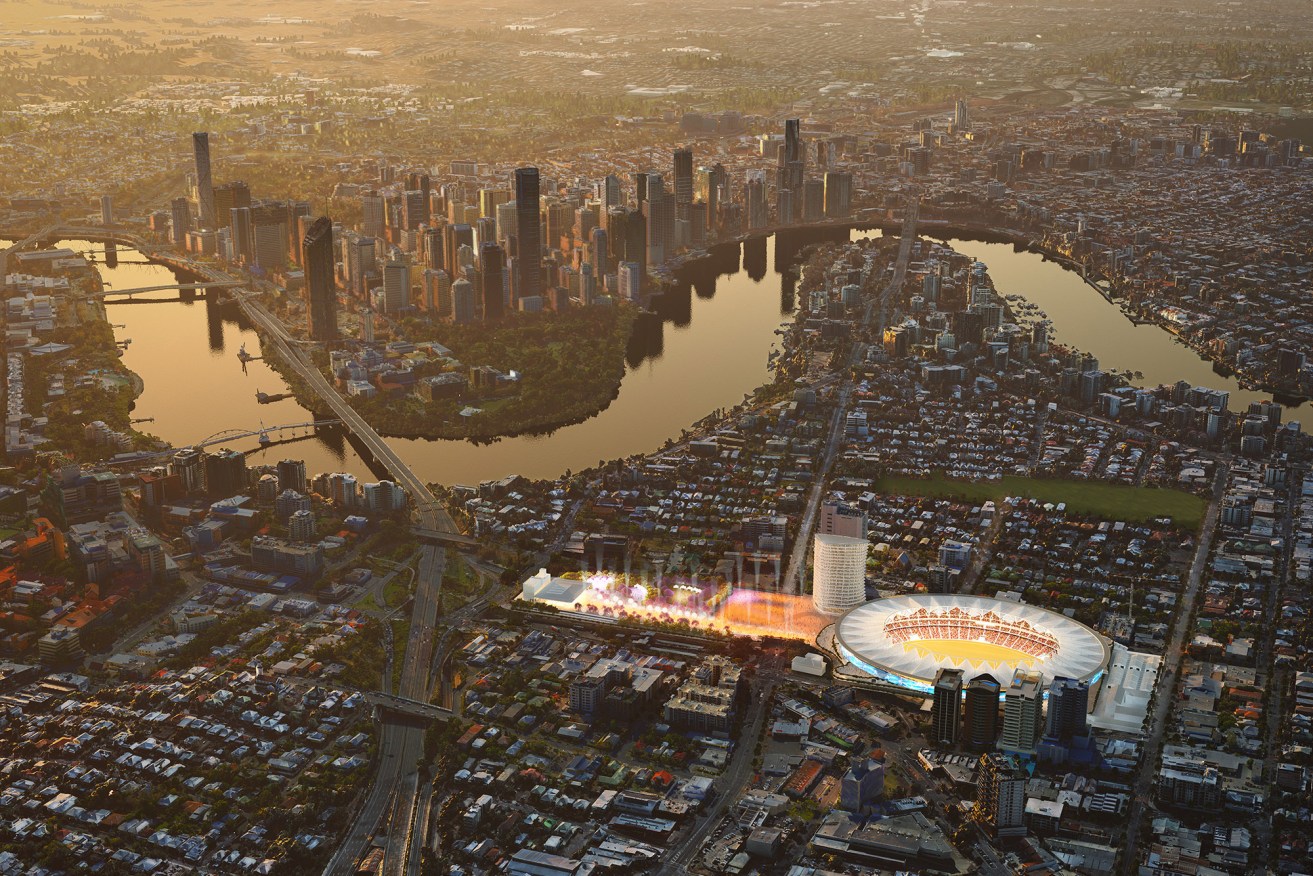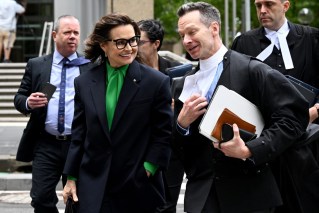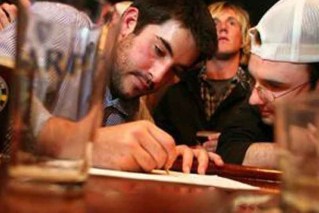3500 days until Brisbane Olympics, but we don’t have time for spinning our wheels
With the announcement of Cindy Hook as the chief executive of the Brisbane 2032 Olympics organising committee, the operation gained its seventh employee.


(Image: Supplied)
We were told of her eminent qualifications for the job, her love of sport and her connection with Australia as her “adopted” home.
Downplayed in the guff and mostly fawning coverage accompanying the announcement of Hook’s new job was her American heritage, and the fact that the two most prominent roles within the Olympics organising committee – hers and that of the chair, Andrew Liveris – are filled by people with only marginal connections to the host city.
Like a lot of what has been said of the 2032 Olympics over the past year, such inconvenient facts were papered over or ignored by most, lest they get in the way of the good vibes associated with hosting the greatest show on earth.
But if 2022 was a year for not asking many curly questions about the Olympics, 2023 will be when answers need to be delivered on just how south-east Queensland is going to cope with the stresses of preparing for the event.
The long lead time for the Brisbane Games (Sydney had just seven years to prepare for and stage the 2000 Olympics) has allowed the Palaszczuk Government to get away with not doing a lot since winning the hosting rights on June 10, 2021.
But while the Brisbane Organising Committee for the Olympic Games finally has a chief executive, another crucial body has yet to be created.
The Olympic Coordination Authority, an agency meant to oversee the formidable building program needed to stage the Games, still doesn’t exist, despite promises that it would be up and running five months after Brisbane was named as host.
Questioned about this failure by The Courier-Mail earlier this year, Cabinet minister Stirling Hinchliffe declared “we have a lot of time to be ready”.
It wasn’t all that comforting a response given this government – more than seven years after it was first elected – has yet to finish a major infrastructure project in SEQ (the Toowoomba Bypass excepted) despite its liking for countless hard hat picture opportunities.
So, with the clock inexorably counting down to July 2032, there has been no real explanation for reports that the proposed $1 billion cost for redeveloping the Gabba stadium is a wild under estimate, nor has the government bothered to address speculation that the likely cost of building the Brisbane Live arena at Roma St may outweigh its benefits.
The government is on more comfortable ground with the soft preparations for the Games – junior athlete training funding and the like – but these programs do not an Olympic legacy make.
We are now at the back end of the government’s current term of office, with elections due in October 2024.
By then, a lot of big infrastructure projects like Cross River Rail will be done or nearing completion and the government’s record on building things should be looking a bit healthier than it is now.
But the take out from this first full year of Queensland being a future Olympic and Paralympic Games host is of a government keenly appreciating the politics of it all but putting off the part when the hard work begins.












